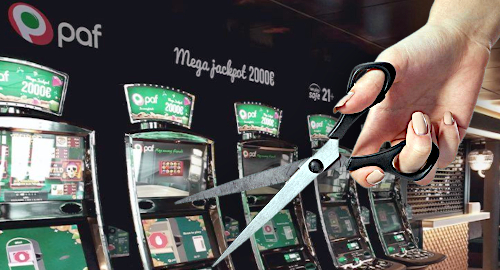 Finnish online gambling operator Paf is once again reducing its customers’ loss limits while the pandemic struggles of local rival Veikkaus are forcing the government to find alternative funding for social programs.
Finnish online gambling operator Paf is once again reducing its customers’ loss limits while the pandemic struggles of local rival Veikkaus are forcing the government to find alternative funding for social programs.
Paf, which holds a gambling monopoly in Finland’s autonomous Swedish-speaking Åland Islands, announced that it was reducing its customers’ annual loss limit by another €5k to €20k effective January 1, 2021. Paf CEO Christer Fahlstedt said his group wanted to show that “it is possible to survive as a gaming company without income from the biggest players.”
Paf originally established a €30k annual loss limit in September 2018, then cut that figure to €25k last October. The second reduction came despite the original limit reducing the company’s annual income by 16% as high-rolling gamblers cut their spending by one-third.
Fahlstedt said Wednesday that Paf’s annual income would likely decrease by an additional €2m-€3m as a result of this latest reduction, but Paf wanted to demonstrate that it was “a gaming company that sells exciting entertainment for adults without trying to squeeze the last drop of money out of them.”
In April, Paf announced that it was providing an “extra big dividend” of €40m to the Åland government to help it deal with the societal impact of the COVID-19 pandemic. Meanwhile, over in Helsinki, Finland’s government is figuring out how to make up the dramatic decline in the state-run Veikkaus’ contributions to the treasury.
Last week, Finland’s government unveiled its 2021 budget proposal, which included a €347m fund to support arts, culture, science, sport and private charities that ordinarily rely on distributions from Veikkaus. But Veikkaus recently revealed that the pandemic’s impact on gambling operations would likely reduce its 2020 profits by €300m.
Like Paf, Veikkaus has recently been attempting to improve its social responsibility commitments, although Veikkaus’ efforts have largely been in response to public criticism while Paf made unilateral moves before critics could voice their displeasure.